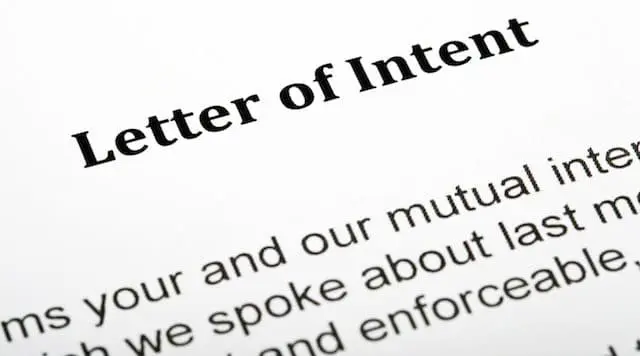This post is the eighteenth in a series giving practical advice to startups with respect to understanding and negotiating a venture capital term sheet.
In the prior seventeen posts, we provided an introduction to negotiation of the term sheet and discussed binding and non-binding provisions, and discussed valuation, cap tables, and the price per share, dividends on preferred stock, liquidation preferences, the conversion rights and features of preferred stock, voting rights and investor protection provisions, anti-dilution provisions, anti-dilution carve-outs and “pay to play” provisions, redemption rights, registration rights, management and information rights, preemptive rights, drag-along rights, representations and warranties, rights of first refusal and co-sale, closing conditions and expenses, and non-competition and non-solicitation agreements. In this post, we will discuss non-disclosure and developments agreements.
The NVCA model term sheet (available here) includes a provision requiring each current and former founder, employee, and consultant of the company to enter into a “non-disclosure and proprietary rights assignment agreement” in a form reasonably acceptable to the venture capital investors.
Non-disclosure agreements (also often called confidentiality agreements) are common in a variety of business contexts. Parties enter into them to protect the confidential information of one or both of the parties (in the latter case, the agreement may be called a mutual non-disclosure agreement). They generally define what constitutes confidential information, list types of information that are excluded from the definition, describe how each party can use the confidential information and the circumstances in which it can be disclosed (such as when the recipient is compelled by a governmental authority in a legal proceeding), and provide for the return or destruction of confidential materials when an employment or other relationship ends. Most importantly, they describe the remedies available to a party if the other party breaches its confidentiality obligations, including injunctive relief.
A “developments agreement” (also known as a “proprietary rights assignment” or an “assignment of inventions”) is intended to ensure that the company actually owns its intellectual property. Such an agreement is a contract between the company and an individual founder, employee, or contractor which requires that person to assign over all intellectual property rights conceived in the course of that person’s work at the company. This agreement is needed because, by default, intellectual property is frequently not assigned automatically to the company. For example, if the company hires an outside developer to write software for the company, absent an assignment of inventions, in most cases the copyright to such software remains with the developer. The company merely receives a license to use the software. This creates a significant due diligence issue for the company when the company seeks venture capital investment.
Both nondisclosure and developments agreements are important to venture capital investors and would be crucial in an eventual sale of the company. The NVCA term sheet typically requires such agreements from all current and former founders, employees, and consultants. Alternatively, a term sheet might simply specify certain key employees and founders. When negotiating this part of the term sheet, founders should pay careful attention to the list of parties that they will be required to obtain these agreements from. It can often be difficult to track down former founders, employees, and consultants — in some situations, the remaining founders might not even be on good terms with such people. It’s ideal, of course, if the company obtains such agreements with these people at the beginning of the relationship. If the agreements were well-drafted, they may satisfy the venture capital investor. Early-stage companies, however, sometimes don’t do a great job at getting these agreements in place at the beginning of relationships, as entrepreneurs frequently don’t understand how crucial it is to get these agreements in place and the consequences for failing to do so. Founders will need to be prepared to track down everyone who played a significant role in developing the company’s intellectual property and obtain from them a nondisclosure and developments agreement acceptable to the venture capital investor. If the company is unsuccessful in doing so, depending on how important the holdout’s role in the company was, the deal could potentially fall through.
In the next post, we’ll discuss board matters.
This article is for general information only. The information presented should not be construed to be formal legal advice nor the formation of a lawyer/client relationship.





